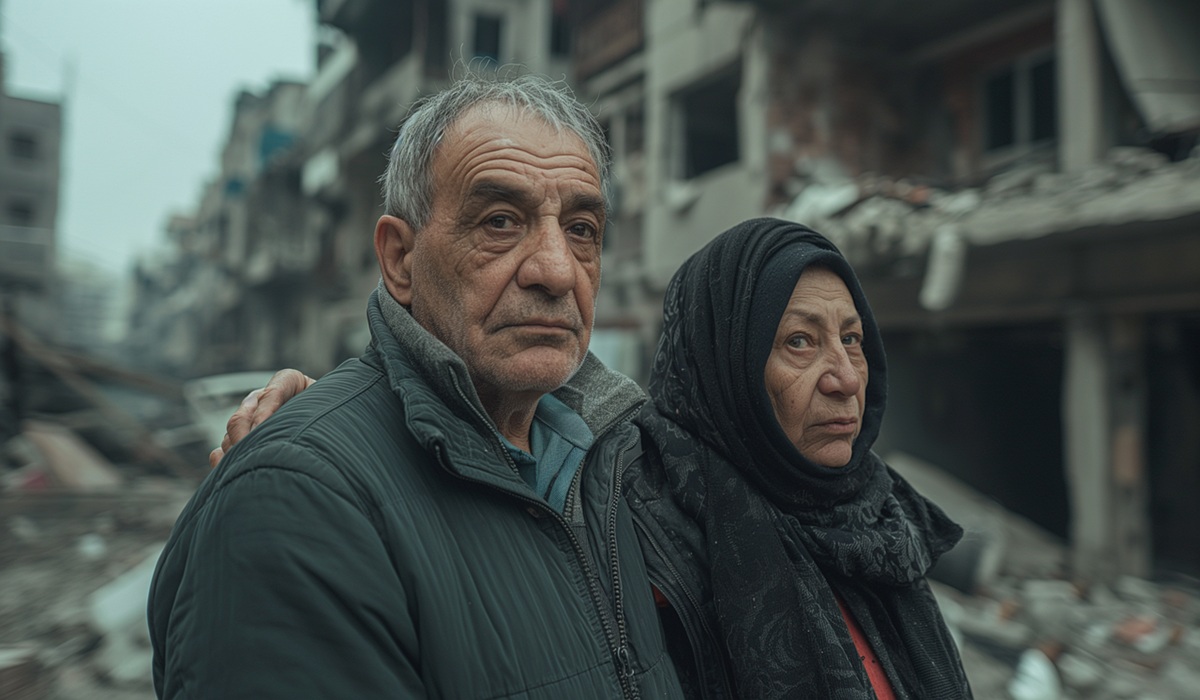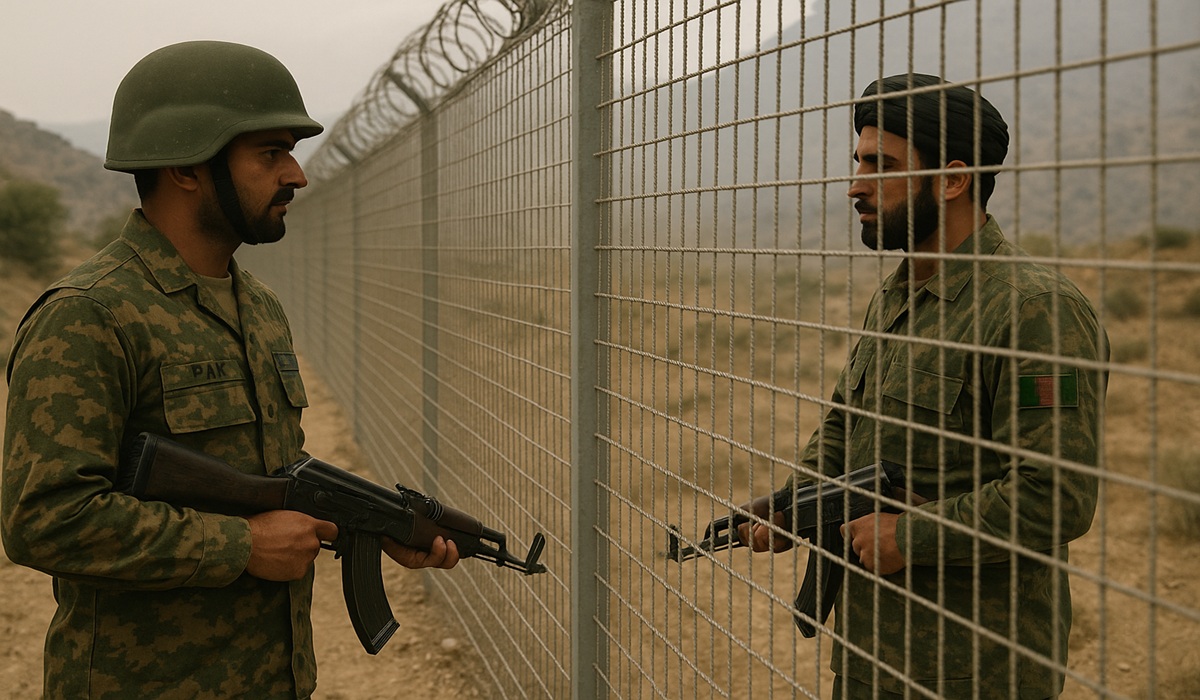Three Weeks Into Ceasefire, Gaza Braces for Winter as Shelter Aid Remains Blocked
- Kingston Bailey
- Trending News
- November 5, 2025

Three weeks into the fragile ceasefire, Gaza’s displaced families are confronting a bitter reality: the rain clouds are gathering, temperatures are dropping, and vital shelter supplies remain stuck at borders. Despite the pause in fighting, hundreds of thousands of civilians remain exposed to the elements, many with nothing more than tarps, ruined walls, or open ground to shield them from the coming winter.
Aid organisations coordinating shelter relief warn that time is almost up. According to the Shelter Cluster, which oversees humanitarian shelter operations in Gaza, around 260,000 Palestinian families—nearly 1.5 million people—urgently require protection from the cold. Yet lifesaving materials remain stranded in Jordan, Egypt, and Israel due to ongoing Israeli restrictions and denied entry requests.
Humanitarian workers describe delays that defy the urgency on the ground. Twenty-three requests from nine aid agencies to bring in tents, insulation kits, blankets, bedding, kitchen sets, and framing materials have been rejected since the ceasefire began on October 10. In most cases, Israeli authorities claimed the organisations were “not authorised to deliver humanitarian aid”—a justification that, according to the agencies, has been applied even to registered, vetted groups with long-standing humanitarian mandates.
Angelita Caredda, Middle East and North Africa Regional Director at the Norwegian Refugee Council, called the situation a race against the weather. “We have a very short chance to protect families from the winter rains and cold,” she said. “Gaza should be receiving a surge of shelter materials, but only a fraction of what is needed has entered. The international community must act now to secure swift and unimpeded access.”
More than 282,000 housing units across Gaza have been damaged or destroyed. For families sifting through shattered neighbourhoods, even the arrival of a tent does not guarantee relief. Rubble, unexploded ordnance, and insecure land tenure make it unsafe and legally uncertain to rebuild temporary shelter in many areas. The Housing, Land and Property Technical Working Group warns that without clear access rights and property documentation, displaced families risk losing what little security they once had.
The crisis weighs particularly heavily on women. Recent field assessments show staggering rates of lost ownership papers. In some governorates, as many as 83 per cent of women reported losing property documents, and up to 80 per cent reported discrimination when trying to reclaim land rights. Without legal proof of ownership, many are unable to claim damaged homes or secure a place to rebuild.
Beyond tents and tarpaulins, the obstacles to recovery stretch across Gaza’s landscape in concrete and dust. Clearing an estimated 55 to 60 million tonnes of rubble requires heavy machinery that humanitarian groups say has also been blocked from entering. Without clearance, unsafe debris and hidden explosives make it nearly impossible for families to prepare even temporary dwellings, let alone return to their neighbourhoods with dignity and safety.
The urgency is clear in the voices of humanitarian leaders: every cold night spent in the open deepens trauma, weakens the vulnerable, and heightens the risk of disease and exposure. Winter in Gaza is harsh, marked by punishing rainstorms that turn camps into rivers of mud. For children, the elderly, and the sick, exposure can be deadly.
“No family should face winter out in the open,” Caredda said. “Every day of delay puts lives at risk.”
The ceasefire may have silenced the bombs—for now—but the humanitarian battle is far from over. Aid workers warn that the world must not allow bureaucracy and political obstruction to become the next silent weapon squeezing Gaza’s civilians. As temperatures fall, the need for swift cooperation grows more urgent with each passing day. Winter is coming, and for the displaced families of Gaza, shelter is not a luxury. It is the thin line between survival and tragedy.








